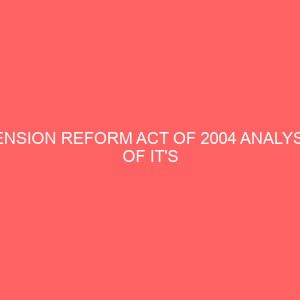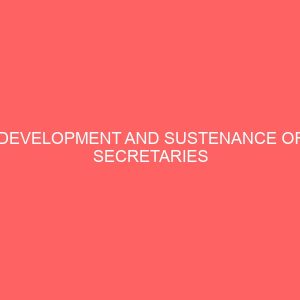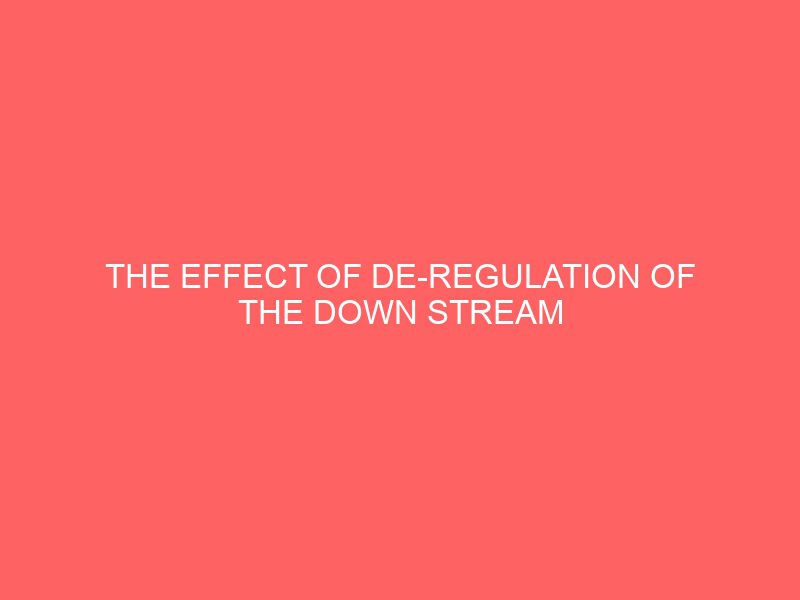Description
The effect of de-regulation of the down stream oil sector on the Nigerian economy – case study of Nigerian National Petroleum Corporation (NNPC).
Abstract
Deregulation or the removal of fuel subsidies has been boiling over Nigerians because of its attendant problems such as inflation, hardship, unemployment, the government’s insincerity and unreliability over promises. The privatization of the downstream oil sector enhances investments and empowerment of Nigerians as well as reduce the level of corruption in the sector. The population of study was 400 and a sample size of 200 which give 5% of the total population. Primary and secondary methods of data collection were adopted. Also, three hypotheses were tested the objective of this study is to evaluate the pattern of petroleum prices in Nigeria. The problem of this study is that market failure made government to venture into petroleum product marketing and distribution. The findings revealed that the removal of petroleum subsidy will bring attention on the government to promote other relevant sectors of the economy like education, health and agriculture. And also deregulation will break the monopoly of Nigeria National Petroleum Corporation (NNPC). The following recommendation were made, that the four refineries already established should be maintained and made to operate at full capacity. The government should show degree of honesty, sincerity, accountability, reliability, transparency and integrity in its dealings with the people. This research work focuses on social-economic implications of deregulation by examining the merits and demerits involved. This work recommends that the nation will be better off with this privatization of the downstream oil section provided that Nigerians are carried along and the government provides the essentials of life as a remedy.








Reviews
There are no reviews yet.